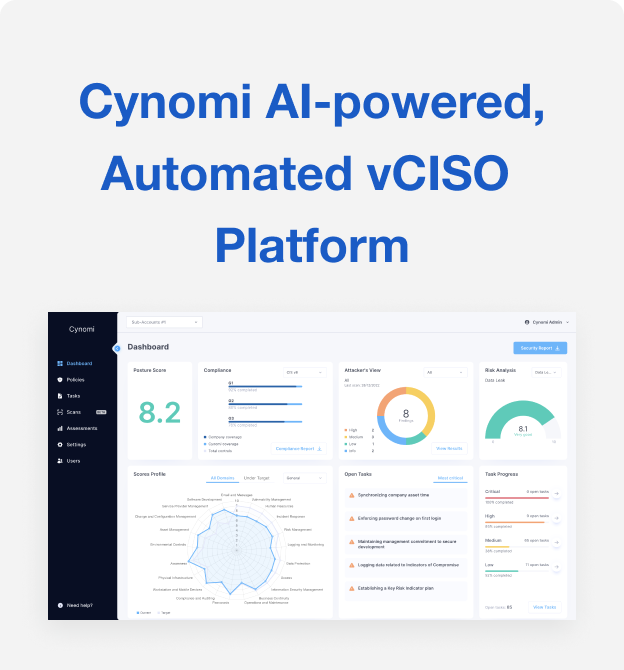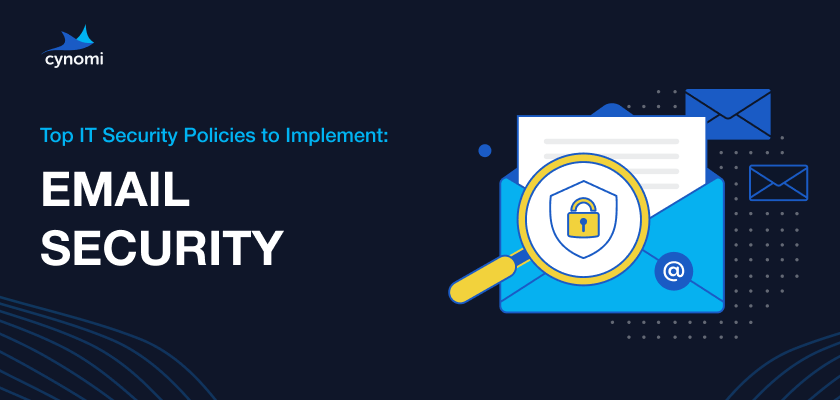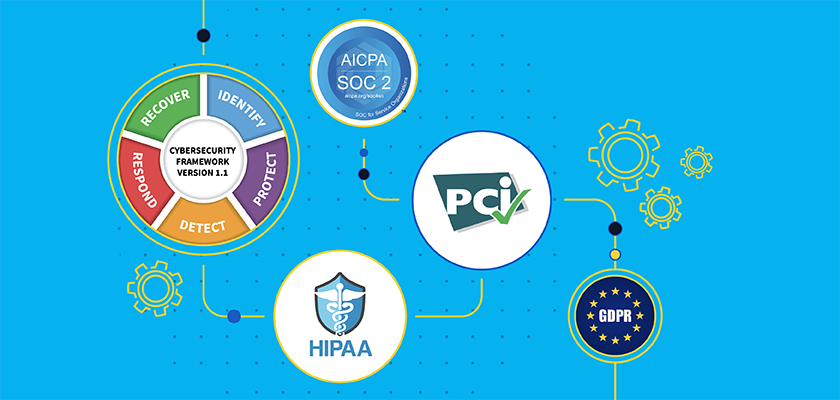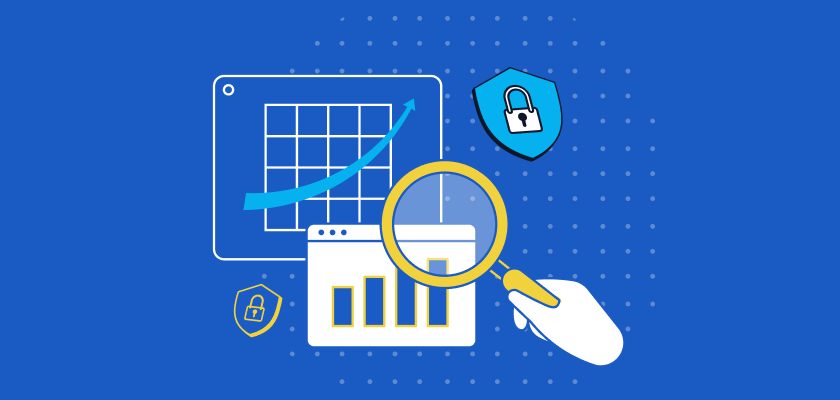Managed Service Providers Must Step Up to Help Their Customers Minimize Generative AI Risk
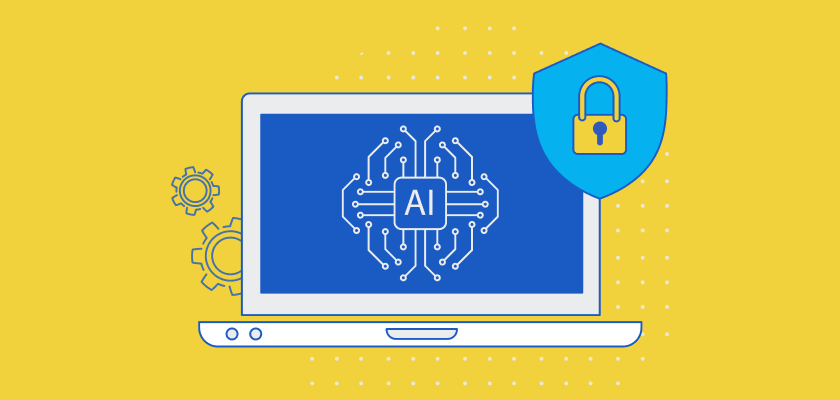
The IT world is becoming increasingly aware of how cybercriminals are harnessing generative AI to make their work far more efficient. They are improving their social engineering activities and phishing campaigns by creating fake profiles that look real. They are getting better at impersonating brands using capabilities such as replicating the tone of a specific corporation courtesy of gen AI tools. They are using AI to create more sophisticated malware.
What isn’t so well understood is that gen AI dangers run in both directions. As well as external threats by making bad actors more effective, unchecked usage of gen AI internally in organizations can lead to major cybersecurity and privacy concerns for your customers.
Their employees are already utilizing ChatGPT and other gen AI engines throughout the organization. Without oversight, these engines could expose your customers to breaches, identity theft and exposure of sensitive data.
ChatGPT, for example, boasts anywhere from 1.5 to 2 billion visits per month. Sales, marketing, HR, IT, executives, technical support, operations, finance and other functions are feeding data prompts and queries into generative AI engines. They are using these tools to write articles, create content, compose emails, answer customer questions and generate plans and strategies. And that’s where the problem lies.
Unchecked gen AI usage in organizations can lead to:
- Major data breaches.
- Compromised identities.
- Loss of intellectual property.
- Lawsuits citing plagiarism.
- Data privacy violations.
How? Generative AI usage is happening far in advance of efforts to implement safeguards and constraints on possible misuse and potential security challenges. The areas of concern can be broken down into several categories: Data employed in gen AI scripts, gen AI outcomes and the use of third-party gen AI tools.
Scripts, prompts and data inputs into gen AI engines may inadvertently include sensitive, confidential or privacy data. It is poorly understood by many of your customers that the data in these prompts is almost always going to an external source. There are examples of people putting CRM or intellectual property data into their prompts, oblivious to the possible consequences.
The outputs and outcomes from gen AI, too, can be problematic. The responses, conclusions or answers from ChatGPT and other gen AI engines may contain sensitive information, bias, hallucination, proprietary information or plagiarized content. Lawsuits have already been filed by writers, image owners and other creative professionals about gen AI using their content in responses. Further, the answers from gen AI can occasionally be sewn with bias or even be completely hallucinatory. Bias can result due to how the questions are framed, as well as the sources being used. At times, gen AI will spit out a conclusion of one kind or another that is just plain wrong. Employees need to know about these factors and take them into account before broadly publishing or acting upon gen AI data.
Gen AI represents a big opportunity for MSPs and MSSPs
Rather than being worried about gen AI as an area of potential breach, service providers should look upon it as an opportunity. vCISOs, MSPs and MSSPs should immediately contact their existing customers to assess their current gen AI risk and provide them with ways to mitigate it. Accordingly, Cynomi has created a guide to help managed service providers in these endeavors. Entitled, “It’s a Generative AI World: How vCISOs, MSPs and MSSPs Can Keep their Customers Safe from Gen AI Risks,” it provides:
- An understanding of the risks posed by generative AI.
- A simple way to assess the cybersecurity challenges it poses in customer environments.
- Actionable policies and practices that can be implemented to achieve safe use of gen AI in organizations.
With the right security tools and policies in place, managed service providers can shield their clients from the negative consequences of gen AI implementations. But first, their awareness needs to be raised on the many gen AI issues that are already likely to be lurking throughout their operations. The guide offers service providers something they can immediately use to raise awareness to gen-AI related threats among their customers and shield them from the gen AI implementation risk.
Further, the Cynomi platform now comes with gen AI-related policies embedded into it. Thus, vCISOs, MSPs and MSSPs can offer immediate help by recommending good policy and best practices that will make a material difference in customer environments.
You can achieve three things by reaching out to all your existing customers today, asking them about their gen AI usage and encouraging them to adopt the policy in the guide:
- It demonstrates that you care about their welfare, have the protection of their environments top of mind, and that you are being proactive about their security.
- It gives your customers data and policies they can use to safeguard themselves by the threat of rampant gen AI usage.
- It offers upsell opportunities as there are now many gen AI-based security tools available that can be added to the service provider portfolio.
Download the guide today and put it to use with your customers.

